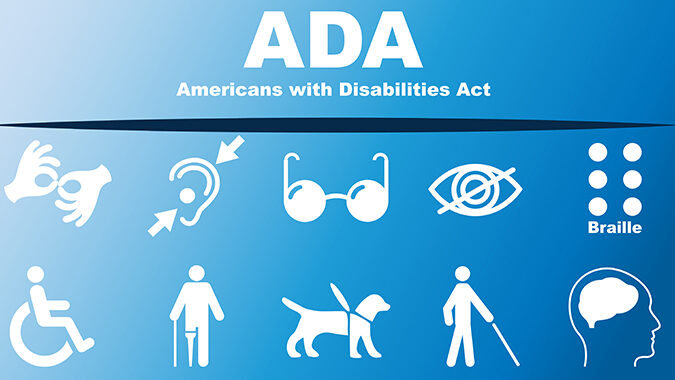The U.S. Equal Employment Opportunity Commission (EEOC) recently updated its guidance on how the Americans with Disabilities Act (ADA) applies to job applicants and employees who are hearing impaired, including what accommodations are needed in workplaces increasingly utilizing video conferencing.
The document, Hearing Disabilities in the Workplace and the Americans with Disabilities Act, outlines how certain pre- and post-job offer disability-related questions can violate the ADA, and describes easy-to-access low-cost technologies that satisfy the ADA’s “reasonable accommodation” provision for hearing disabled workers. The guidance document also addresses employer concerns about safety and shares realistic examples of potential discrimination.
“Employers have a legal responsibility to create fair workplaces for all employees and job applicants who need reasonable accommodations,” EEOC Chair Charlotte A. Burrows said last week. “The practical questions and answers and realistic scenarios in this updated document will help educate employers on those responsibilities and employees about their rights.”
The guidance explains, for example, that an employer that uses videoconferencing may need to provide a service that translates voice into text at real-time speeds as an ADA accommodation. Employers should ask the employee what accommodation is needed that will help the employee do the job.
There are extensive public and private resources to help employers identify reasonable accommodations. For example, the Job Accommodation Network (JAN) is a free, confidential service that provides information about many types of accommodations for applicants and employees with disabilities based on the needs of a given individual and workplace, the EEOC said.
The latest EEOC announcement followed two enforcement actions taken during January in cases involving employees with hearing disabilities.
On Jan. 17, the EEOC fined a Colorado parts manufacturer $44,250 and ordered it to provide other relief as part of a settlement in a case involving a deaf employee who alleged she was fired in retaliation after requesting a sign language interpreter during important meetings, such as performance reviews. The EEOC filed suit against the employer on the grounds its conduct violated the ADA because it allegedly fired the worker based on her disability and retaliated against her for requesting an accommodation.
On Jan. 13, the EEOC announced a $180,000 settlement with a Minnesota-based healthcare provider that operates hospitals, healthcare clinics and medical transportation services in the Twin City area. In that case, the employer allegedly refused to hire and provide reasonable accommodation for a deaf applicant seeking a position as a visitor greeter, even though the applicant could perform the job’s essential functions.
Individuals who are deaf, hard of hearing, or have other hearing conditions can perform successfully on the job and should not be denied opportunities because of stereotypical assumptions about their hearing, the EEOC said. Discrimination may occur when employers act on unfounded assumptions that workers with hearing conditions will cause safety hazards, increase employment costs, or have difficulty communicating with others.




